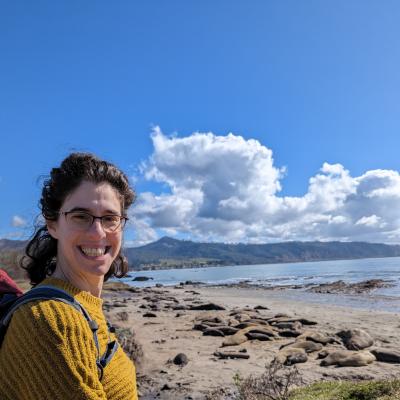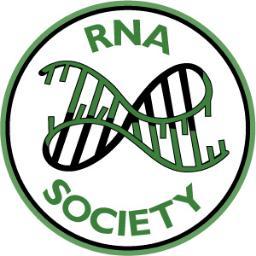Oral presentation
ribosomal RNA, Genetic Variation, cancer, development, RNA structure
Public Summary
There are hundreds of ribosomal DNA (rDNA) genes in the human genome with potential sequence variants between copies. Yet without knowledge of which variants are transcribed and their relative abundances, rDNA has remained the “dark matter” of the genome with respect to its impact on human physiology and disease. By optimizing long-read sequencing of 18S and 28S rRNA from actively translating ribosomes, we generated the first complete atlas of ribosomal-RNA (rRNA) variants and show its remodeling in development and cancer. We developed an algorithm for detecting rRNA sequence variation and discovered that hundreds of rRNA-variants are transcribed, yet only a fraction are present at high abundance. Among these, tens of highly abundant variants exist within functionally important domains of the ribosome. Our findings show that rDNA variation leads to the formation of different ribosome subtypes, and strikingly specific variants cluster on different chromosomal loci. We further examined whether rRNA variations can be regulated and found differential variant expressions across human tissues. In cancer, we further surprisingly discovered that numerous rRNA variants, which are normally lowly abundant, can become transcribed and express cancer-specific signatures of rRNA variation. Together, this study provides a curated atlas for exploring rRNA variation and our findings functionally link ribosome variation to development and cancer.


